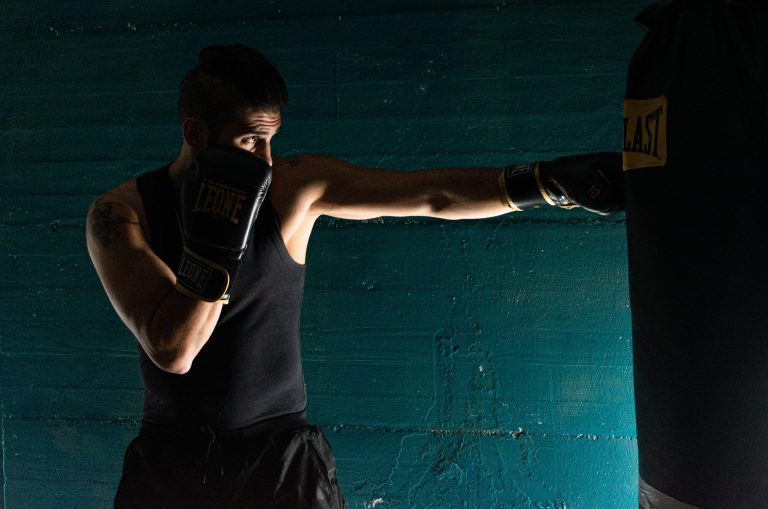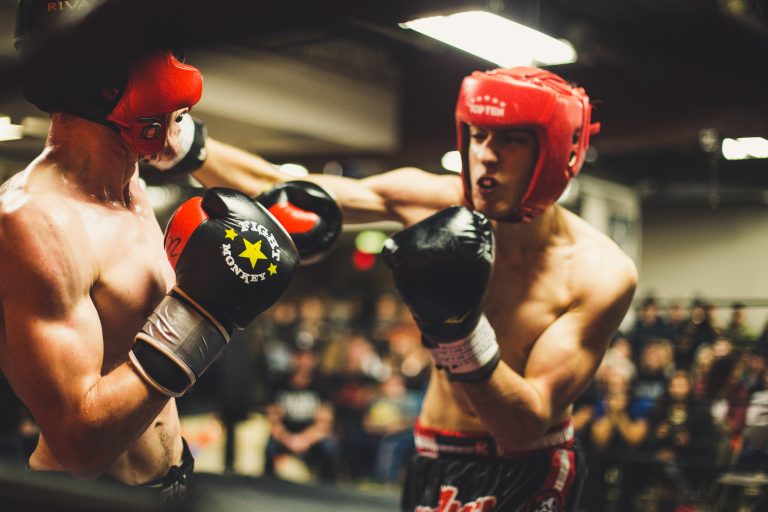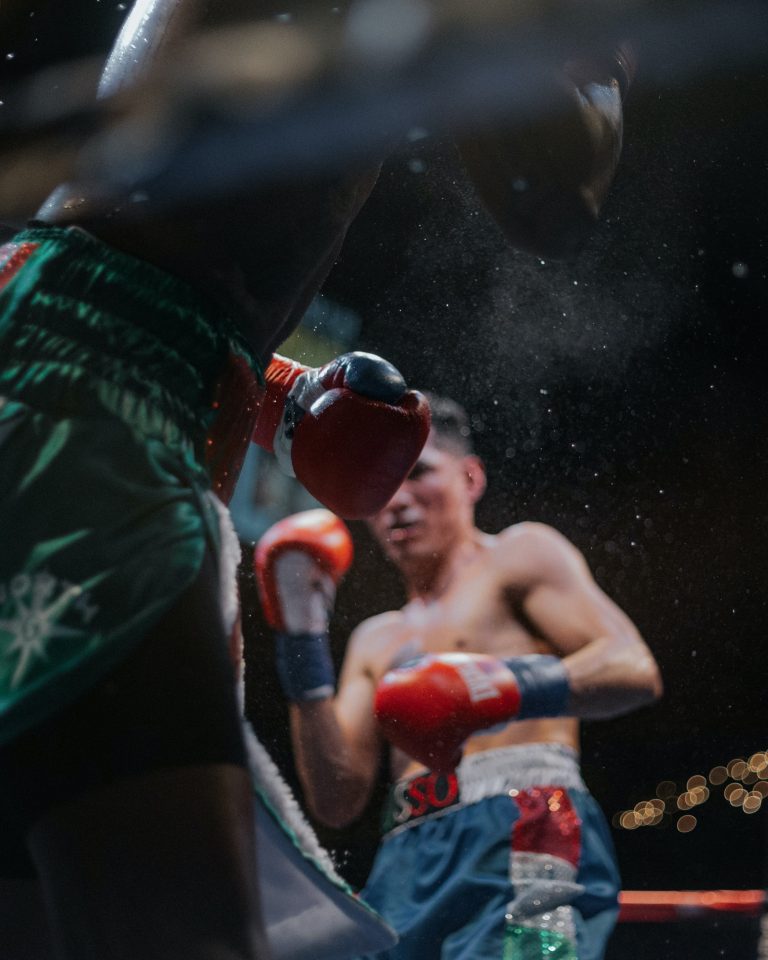What are the Key Benefits of Practicing Karate?
Karate is one of the most popular martial arts around the world and it continues to attract new practitioners every day. From young children to adults, people engage in karate training to boost their self-defense abilities, fitness levels, and mental strength. But what are the key benefits of practicing karate that everyone should know about? In this blog post, we will break down the top benefits of karate so that you can start gaining them yourself.
Physical Benefits
One of the most obvious benefits of practicing karate is the physical benefits. Karate is a type of martial art that requires endurance, strength, agility, and flexibility in order to be successful. Practicing karate will improve your overall physical fitness, endurance, and coordination.
- Improve strength – Karate’s training will help you increase your strength in your arms and legs. The training involves moves and combinations that develop your core muscles. This will ultimately make you stronger and more agile on your feet.
- Increase endurance – Along with increasing your core strength, karate’s training will also improve your endurance. As you practice and become better at the moves and techniques, you will be able to enhance the duration of your workouts and improve your stamina.
- Refine coordination – Karate will also help you with your coordination. You will have to maintain balance, shift your weight in combination with your movements and use quick bursts of energy in order to complete the techniques properly.
- Improve flexibility – Lastly, karate’s moves will require you to constantly stretch, push, and twist your body. All of this will help improve the flexibility in your body, which is essential for any martial art.
Mental Benefits
Practicing karate is not only beneficial for your physical health; it is also incredibly beneficial for your mental health. By training in karate, you will develop discipline, focus, and determination. These are all traits that are essential to find success in most aspects of life.
- Boost discipline – Through practicing karate, you will gain discipline in all aspects of your life. The training will require focus and dedication to become proficient in the techniques; this discipline will naturally transmit into other areas of your life such as school or work.
- Gain focus – Karate’s training is an excellent way to reduce stress and anxiety. By focusing on the movements and techniques, you will be able to control your breathing and clear your mind. This rush can help calm any anxious mind and help you stay more focused and present in any task.
- Improve determination – Likewise, by practicing karate and becoming proficient at it, you will naturally acquire determination. The need to improve on the techniques and become better at them will drive you to try harder and have more determination to succeed.
Protective Benefits
Finally, although there are not many displays of real self-defense in karate competitions these days, there is still an immense protective benefit to practicing karate. Self-defense is an essential tool for anyone who wants to stay safe in life, and learning self-defense through karate is one of the best ways to do this.
- Develop awareness – One of the most important effects of learning karate is that it can help develop your awareness. By understanding the techniques and how they work, you will naturally become more aware of your surroundings and the people around you.
- Assertiveness without aggression – Additionally, as karate is a purely defensive martial art, you will learn how to defend yourself without being overly aggressive or intimidating. This provides an excellent reminder that assertiveness does not have to involve aggression.
- Heightened focus – Finally, by focusing on the techniques involved in karate, you will also gain a heightened sense of focus in all aspects of life. You will be able to pay more attention to detail and be quicker to react if needed.
Conclusion
In conclusion, there are numerous benefits to practicing karate: from physical health to mental health to protective benefits as well. All of these can provide long-term benefits if you put forth the effort and dedication needed for mastering karate. So if you’re looking for a way to improve yourself physically, mentally, and protectively – look no further than karate!
The Most Frequently Asked Questions About the Key Benefits of Practicing Karate
If you are contemplating taking up karate as a form of exercise, self-defense, or recreation, you may have some questions about the benefits of practicing it. There are many benefits to practicing karate that go beyond physical fitness and self-defense. Here are the most frequently asked questions about the key benefits of practicing karate, along with their answers:
1. What are the Physical Benefits of Practicing Karate?
One of the most significant benefits of practicing karate is improved physical fitness. Karate is a full-body workout that requires strength, flexibility, and endurance. Here are some of the physical benefits of practicing karate:
- Increased cardiovascular endurance
- Increased muscle strength and tone
- Improved balance and coordination
- Improved flexibility and range of motion
- Better posture and alignment
- Weight loss and improved body composition
2. What are the Mental Benefits of Practicing Karate?
Practicing karate not only benefits you physically, but also mentally. Here are some of the mental benefits of practicing karate:
- Increased self-confidence and self-esteem
- Improved focus, concentration, and mental clarity
- Increased discipline and self-control
- Reduced stress, anxiety, and depression
- Improved problem-solving and decision-making skills
- Stronger willpower and motivation
3. Can Practicing Karate Help with Self-Defense?
One of the main reasons people practice karate is for self-defense. Karate can help you develop the skills and techniques necessary to protect yourself in a dangerous situation. Here are some of the ways practicing karate can help with self-defense:
- Improved reflexes and reaction time
- Increased strength and power
- Improved balance and footwork
- Training in realistic self-defense scenarios
- Development of situational awareness
4. Can Practicing Karate Help with Discipline and Focus?
Another benefit of practicing karate is that it can help with discipline and focus. Karate requires a high degree of mental and physical discipline, which translates into other areas of life, such as work or school. Here are some of the ways practicing karate can help with discipline and focus:
- Learning to set goals and work towards them
- Developing a strong work ethic
- Learning to stay calm and focused under pressure
- Developing the ability to block out distractions and focus on the task at hand
- Learning to overcome obstacles and persevere in difficult situations
5. What is the Best Age to Start Practicing Karate?
Karate is a martial art that can be practiced by people of all ages, from children to seniors. The best age to start practicing karate depends on your individual goals and capabilities. Here are some guidelines to consider:
- Children can start practicing karate as early as age 4 or 5, depending on their level of development and interest
- Teenagers and young adults can benefit from practicing karate as a form of physical fitness and self-defense
- Adults of all ages can benefit from practicing karate for physical fitness, stress relief, and self-defense
- Seniors can benefit from practicing karate for balance, coordination, and flexibility
6. How Long Does it Take to Become Proficient in Karate?
The length of time it takes to become proficient in karate depends on several factors, including your level of commitment, natural ability, and the intensity of your training. Generally, it takes several years of consistent practice to become proficient in karate. Here are some milestones to consider:
- White Belt – beginner level, typically achieved within 3 to 6 months
- Yellow Belt – intermediate level, typically achieved within 6 to 12 months
- Green Belt – advanced level, typically achieved within 1 to 2 years
- Black Belt – expert level, typically achieved within 3 to 5 years or longer
7. What Equipment is Needed for Practicing Karate?
To practice karate, you will need some basic equipment, including:
- A karate uniform (gi)
- A belt (to signify your level of proficiency)
- Hand wraps or gloves (to protect your hands when hitting heavy bags or targets)
- Mouthguard (to protect your teeth and jaws during sparring or competition)
8. Where Can I Find a Karate Dojo Near Me?
To find a karate dojo near you, you can search online or ask for recommendations from friends or family members who practice karate. Look for a dojo that is reputable, has experienced instructors, and offers classes that fit your schedule and skill level. You can also contact your national or regional karate organization for recommendations.
The Bottom Line
Karate is a martial art that offers numerous physical and mental benefits, including improved fitness, self-defense skills, and discipline. Whether you are a beginner or an advanced practitioner, karate can bring many benefits to your life. So, if you are interested in trying karate, find a reputable dojo near you and start practicing today!
Inhaltsverzeichnis






